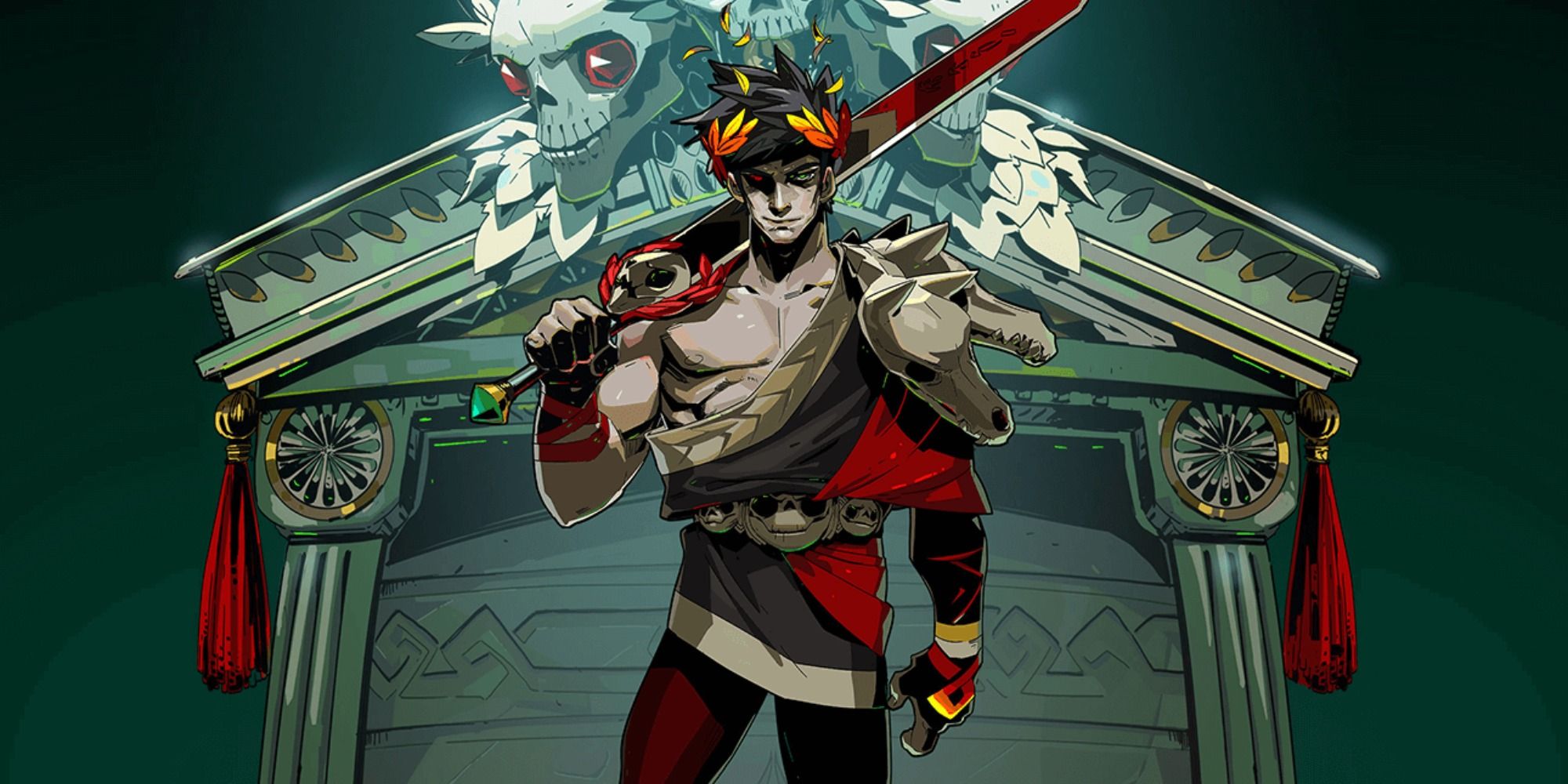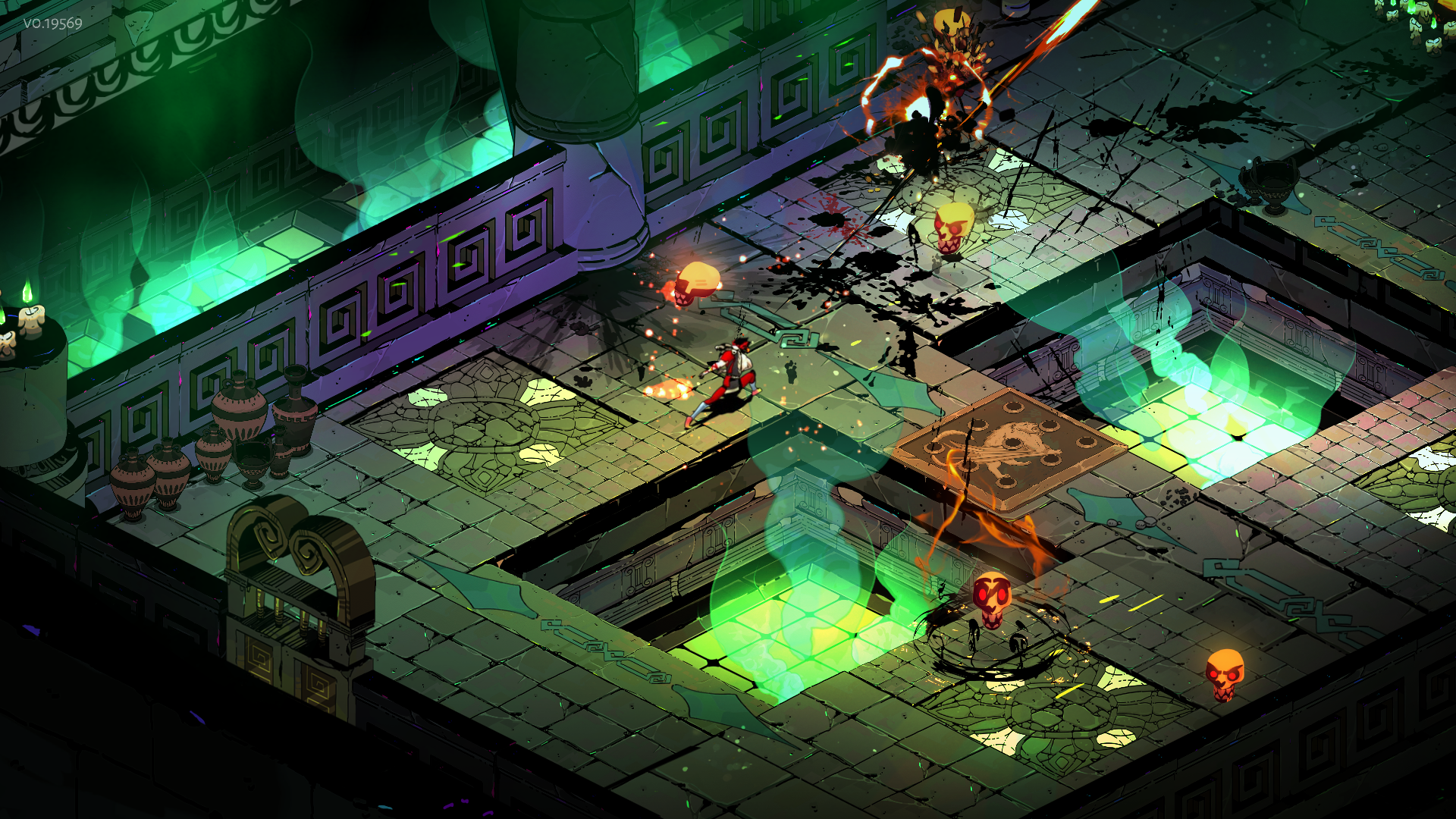Supergiant Games writer Greg Kasavin recently stated that he is unsure about whether or not the studio will work on an official sequel to indie megahit Hades. Despite taking the world by storm last year, the story of Hades has been told - and thanks to the way it works, the characters continue to evolve long after you roll credits and ostensibly ‘complete’ the game. On one hand, it doesn’t need a sequel because it is both self-contained and its own distinct kind of pseudo-sequel in and of itself.
The main reason I’m not on board with calls for a Hades sequel, however, is because this is Supergiant Games we’re talking about. You know, the studio behind not just Hades, but Bastion, Transistor, and Pyre. Put plainly, Supergiant Games doesn’t miss - even when you’re playing mythologically inspired basketball in literal purgatory, these devs are certain to score a slam dunk.
For what it’s worth, Hades was my game of the year in 2020. I gave it 5/5 in my review, wrote about how everyone needs to play it when it comes to Game Pass, and even spoke to Zagreus voice actor and Hades composer Darren Korb about what went into the game. I would be the first person in the world to jump at the opportunity for more Underworld shenanigans, although my predilections for a continuation of Zag’s story are drastically outweighed by my curiosity about what Supergiant will put out next. Of its four games to date - all of which are excellent - Hades is almost unanimously seen as the studio’s magnum opus. That adds pressure, sure, but it also highlights the fact that the studio has grown - it has established its own distinct style and garnered a reputation for being one of the best video game developers around. Pigeonholing itself into a series instead of continuing to operate around its traditional and evidently successful formula would be silly.
It’s worth noting I mean that quite literally - last year, we published a story on how Hades was built on Pyre, Supergiant’s most recent previous game. However, there are also shades of Bastion in there, as well as subtler lessons in design learned from Transistor. These games may not be connected in the way literal sequels are, but they share a kind of DNA that is endemic to Supergiant and no other studio. It’s like an esteemed novelist writing five different books all based on individual stories - they all have the same characteristic style, tone, and mood. If you’ve got a good eye, you could probably notice the author’s tell or calling card from just a couple of pages. What’s more, depending on whether they were a young trailblazer or have aged into a late talent, there will often be an increase or decline in quality that fixes a rigid timeline to the books. Supergiant is like this - you know the games from a single glance and no other games are as like them as they’re like each other.
Supergiant has topped itself with every game to date, which is saying a lot when you consider that Bastion, its inaugural effort, is a near perfect game in and of itself. With Hades, this small indie studio well and truly cemented its place at the forefront of the games industry. Yes, I’d love to have a sequel with Meg and Than and Big Bad Hades himself. As much as that sounds great, though, I can’t help admitting that whatever Supergiant decides to do instead will probably be even better. If you want a Hades sequel, just play Hades again - after all, there is no escape.


